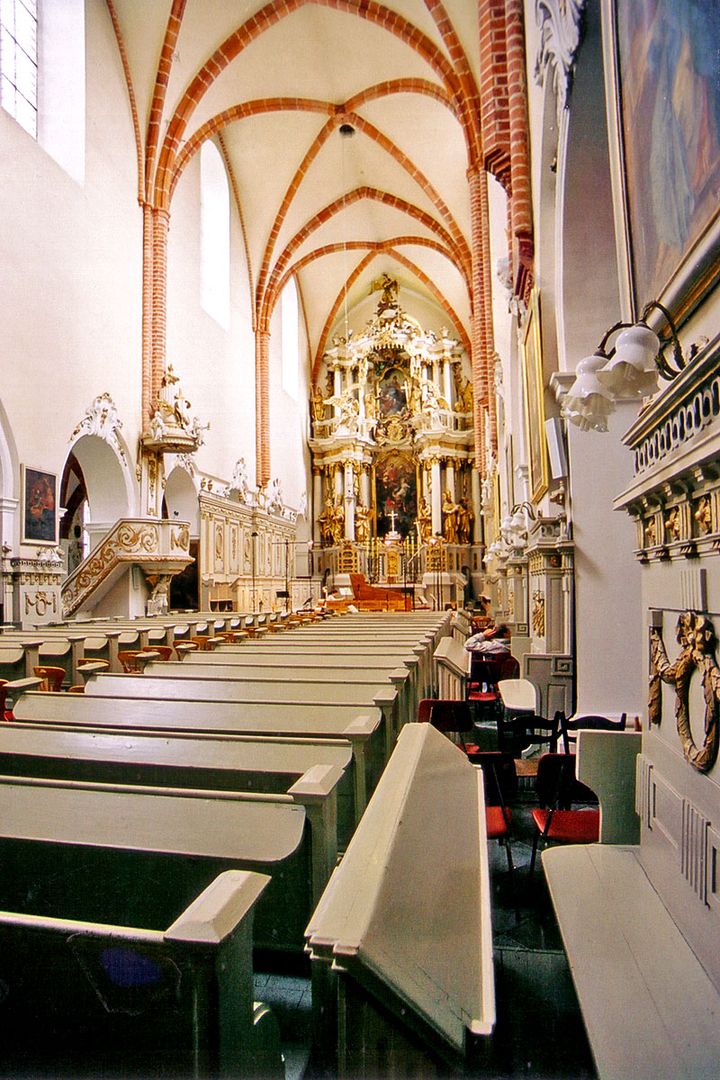Gościkowo
6.16

Overview
Gościkowo, also known as Paradyż, is a village in the Lubusz Voivodeship, within the Świebodzin County, with a rich history dating back to the 13th century. It is home to a post-Cistercian monastery complex, which currently houses the Higher Seminary of the Catholic Church. The village is situated in the picturesque area of the Lubusz Lake District, on the Paklica River. The name of the locality has undergone many changes, evolving from Gościchowo to Paradyż and finally to Gościkowo, which was officially adopted in 1947. In 1230, Mikołaj Bronisz, the voivode of Poznań, donated his estate to the monastery, initiating the intensive development of the region under the patronage of the Cistercians. The monastery and its holdings, which included 21 villages and vast territories in the 16th century, became a significant economic and religious center. In the 18th century, the monastery was destroyed by the Prussian army, and after the Second Partition of Poland in 1793, it fell under Prussian rule, leading to its dissolution in 1834. Gościkowo is home to many valuable monuments, including a 13th-century church that combines Gothic and Baroque elements, and an ornately decorated monastery with gardens and stone statues of saints. The church hosts the early music festival "Music in Paradise." Paradyż was also associated with notable figures, such as Jakub of Paradyż, a theologian and rector of the University of Erfurt. The locality plays a significant role in the regional context, having witnessed important historical events and serving as a center of spirituality and culture.
Location
2026 Wizytor | All Rights Reserved